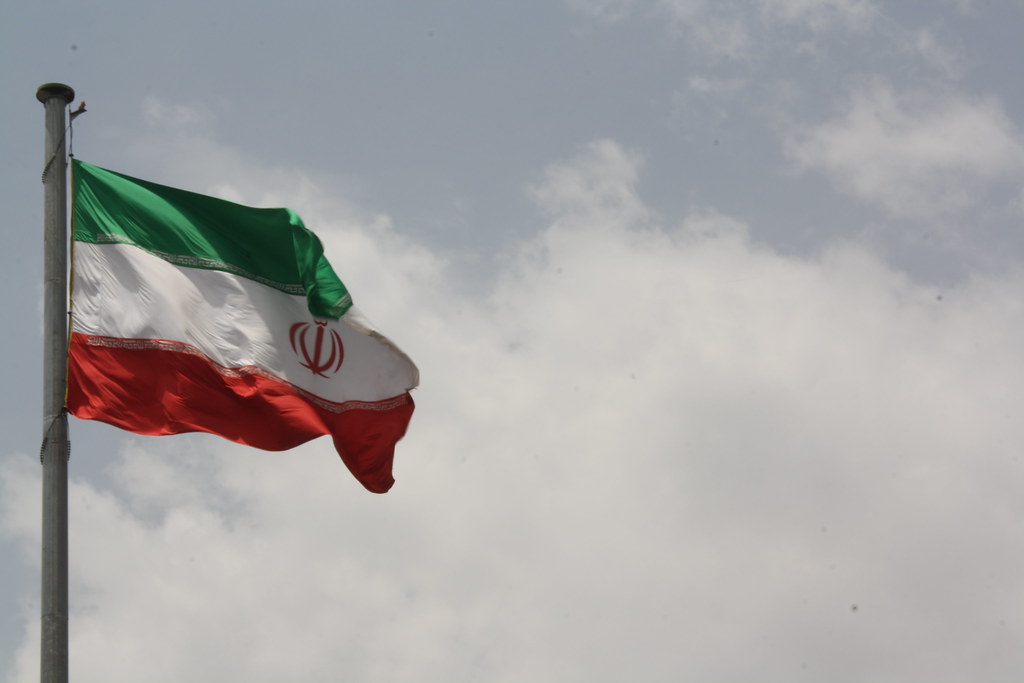
On Thursday, the International Atomic Energy Agency (IAEA) Board of Governors, representing 35 nations, formally declared Iran in breach of its nuclear non-proliferation obligations for the first time in nearly 20 years. This significant move raises the possibility of referring Iran to the United Nations Security Council.
The resolution marks the culmination of ongoing tensions between Iran and the IAEA, intensifying since President Donald Trump withdrew the U.S. from the 2015 nuclear agreement with Tehran. Since then, the deal has unraveled, and Iran has expanded its atomic activities, challenging global efforts to curb its nuclear program.
Potential for Escalation and Diplomatic Complications
Given Iran’s historical resistance to UN resolutions, the declaration is likely to provoke further nuclear escalation, complicating current diplomatic negotiations between Iran and the U.S. aimed at implementing new restrictions.
This development comes amid heightened instability in the Middle East. The U.S. has recently withdrawn personnel from the region, while President Trump warned that it could become more dangerous and reaffirmed his commitment to preventing Iran from acquiring nuclear weapons.
In a closed session, the IAEA Board approved a U.S.-led resolution backed by Britain, France, and Germany. The vote tally was 19 in favor, 11 abstentions, and 3 opposing votes from Russia, China, and Burkina Faso.
IAEA’s Findings on Undeclared Nuclear Activities
The resolution cites a damning May 31 IAEA report which documents Iran’s repeated failures since 2019 to fully cooperate with the agency. It highlights Iran’s inability to credibly explain uranium traces found at multiple undeclared sites, despite years of investigation.
The report states three of these sites were part of an undeclared, structured nuclear program active until the early 2000s, involving undeclared nuclear material and activities.
Both U.S. intelligence and the IAEA have long suspected Iran maintained a secret nuclear weapons program, which was reportedly halted in 2003, although some isolated research continued. IAEA Director General Rafael Grossi confirmed the recent findings align with this assessment. Iran, however, denies ever pursuing nuclear weapons.
While the resolution hints at a potential Security Council referral, diplomats noted that such a move would require a separate, subsequent resolution, similar to the 2005 non-compliance declaration and the 2006 Security Council referral.
Author’s Opinion
This resolution signals a critical juncture in the global approach to Iran’s nuclear ambitions. While firm action is necessary to prevent nuclear proliferation, escalating tensions without viable diplomatic channels risks further destabilization. The international community must pursue a balanced strategy that combines rigorous enforcement with renewed dialogue to avoid unintended conflict.
Featured image credit: Blondinrikard Fröberg via Flickr
For more stories like it, click the +Follow button at the top of this page to follow us.
